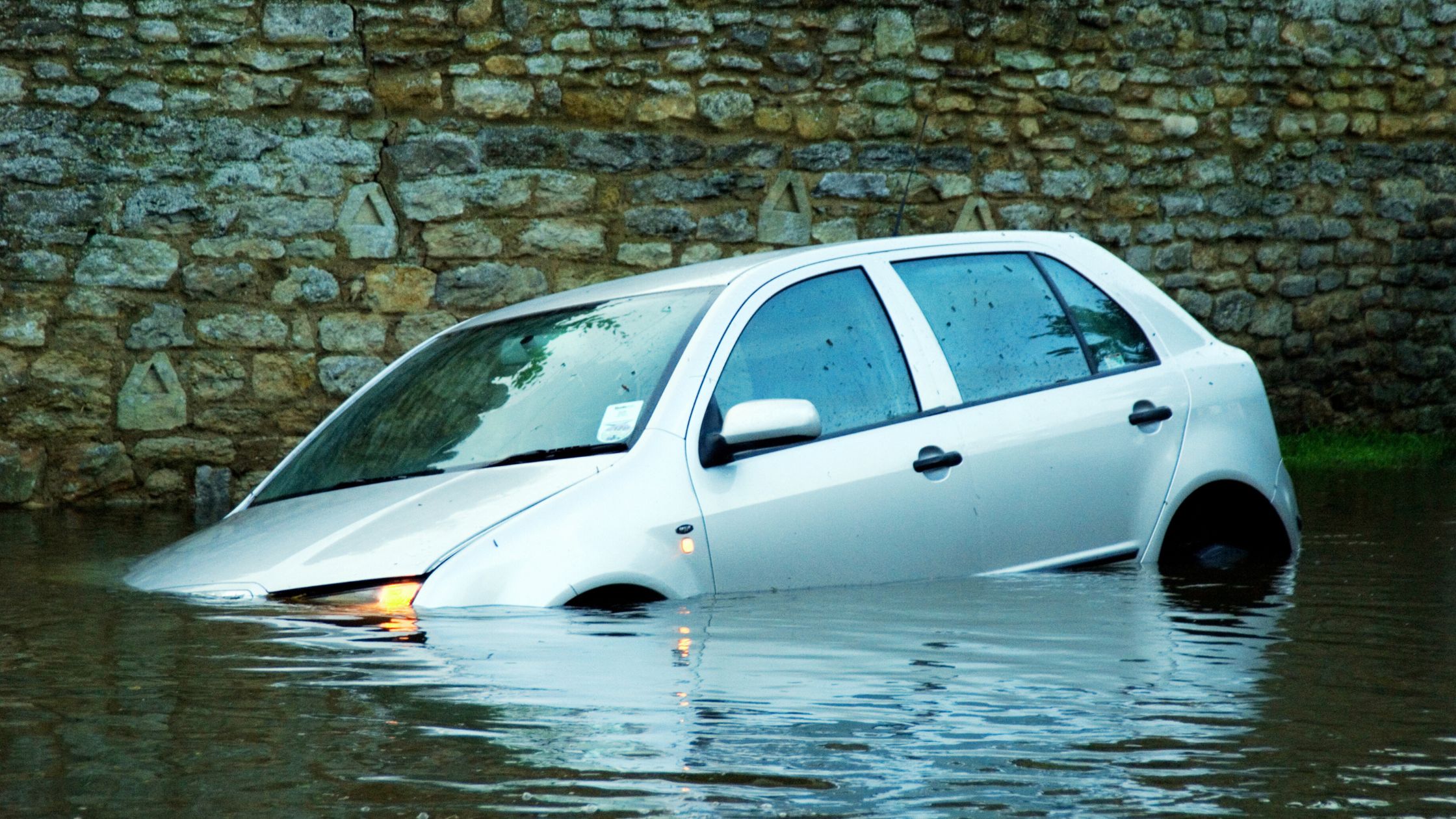2024-10-31
By: Advocate Brokerage

You may have noticed that insurance rates have gone up over the last few years. While there are many reasons that insurance rates are rising, natural disasters are one.
Natural disasters, such as floods, wildfires, and hurricanes, are becoming increasingly frequent and severe thanks to climate change. These natural (or rather unnatural) events cause catastrophic damage wherever they go. Specific to vehicles, this damage can lead to higher auto insurance premiums.
Floods, storms, fires, and other natural disasters increase the number of auto insurance claims. During a claims surge, insurance companies’ resources are strained, and this can lead to higher costs, which is passed on to the consumer. Additionally, natural disasters can create supply chain disruptions. This can make it difficult to obtain replacement parts for damaged vehicles. The result: longer claim settlement times, higher repair costs, and, potentially, more money going out for rentals.
For the first time in history, a high number of water damage claims have led to an overall increase in insurance rates. Mass car damage due to flood water claims from catastrophic storms have caused many insurers to raise premiums. The increased frequency and intensity of floodwaters is not just confined to coastal areas.
Hurricane Helene is a great example of how a single storm can cause mass devastation. It’s estimated that damage from this unprecedented storm, which tore a path further inland than any hurricane in recent history, may peak at $250 billion. While the majority of this dollar amount was not vehicle-specific, it does illustrate how insurance companies continue to take more risks when covering people’s homes and vehicles, no matter where they are. It’s also worth noting that many people in the path of Helene did not have flood insurance on their homes or comprehensive insurance on their vehicles.
Insurance carriers are now confirming, as part of their underwriting, that cars garaged in coastal areas have a pre-set evacuation plan to be moved to higher ground (for instance, in a raised parking garage). Customers who park their cars in a driveway that slopes down need to plan on moving their cars to higher ground when massive rainstorms begin. Customers who live in low lying areas also need to have an evacuation plan for their cars as well as themselves.
Whether you live on the coast or inland, it pays to have an insurance Advocate by your side. A knowledgeable and experienced insurance advisor can help you choose the right types of coverage to protect your valuable assets.
Contact Advocate Brokerage today for more information on how climate change and natural disasters may affect your auto insurance rates and coverage.